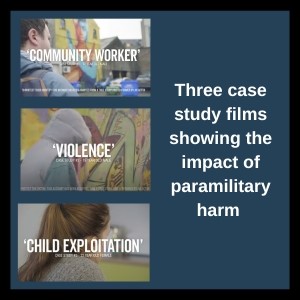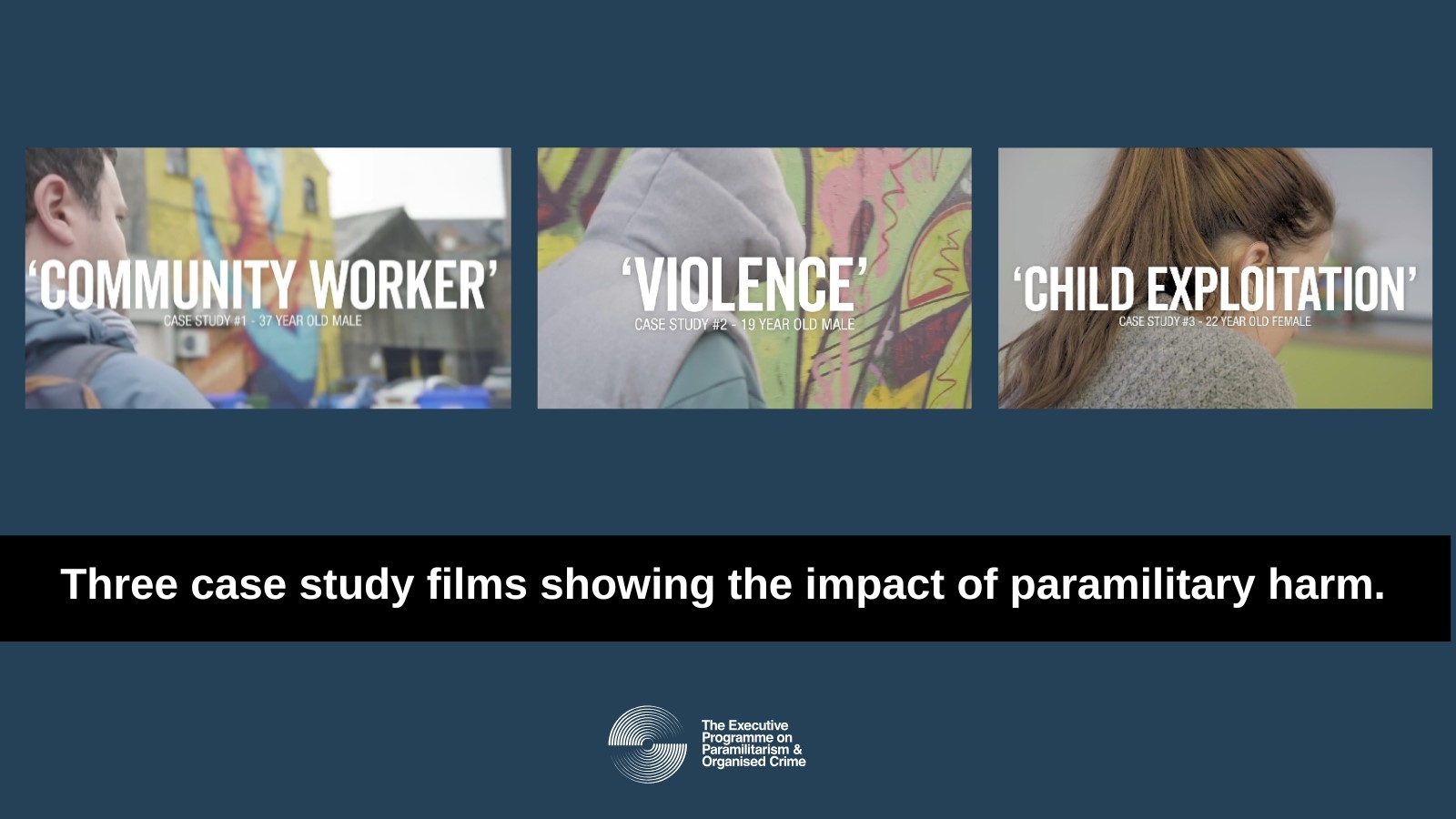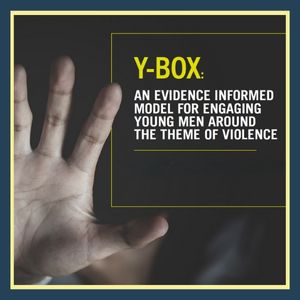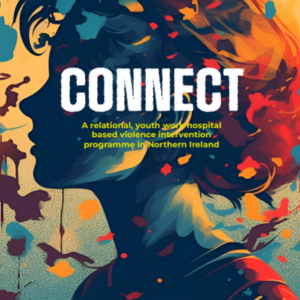The Executive Programme on Paramilitarism and Organised Crime (EPPOC) has now published all 3 films in its video series which aims to reveal the impact of paramilitary harm on children and communities.
The short videos provide an insight into how today’s paramilitary gangs intimidate, control, and coerce individuals and communities. The films are presented in case study style and feature three individuals, a community worker, a 19-year-old man, and a young woman.
‘Community Worker’, ‘Violence’, and ‘Child Exploitation’ were launched on X (formerly known as twitter) over the past few months by EPPOC. To date, the 3 films have been viewed almost 60,000 times.
EPPOC Director Adele Brown said, “We know that paramilitaries and organised crime groups cause significant harm within communities. However, hidden harms such as child criminal exploitation, coercive control, and gatekeeping, are less known. These 3 videos shine a light on those hidden harms.
“The 3 videos have received significant media coverage and have created a discussion around paramilitarism and how it operates in Northern Ireland today. We are also delighted that both Ulster University and The Open University have asked to use the videos in their teaching materials and research. The films will also be used in educational settings within the EPPOC programme, where practitioners will screen the videos to engage with groups of young people about the issues highlighted.”
“This case study video series, whilst fictional, is closely based on extensive research into the experiences of young people collected by Queen’s University, Belfast, for research funded by EPPOC. This research can be viewed on the Ending the Harm website.”
For more information on Northern Ireland Executive’s Programme on Paramilitarism and Organised Crime (EPPOC) please email eppoc@endingtheharm.info.




